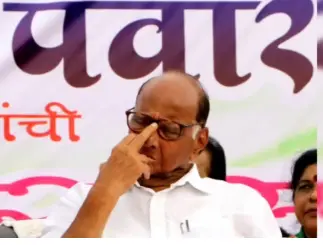

Indian shuttler Ayush Shetty fights hard but loses marathon match
Rising badminton star Ayush Shetty saw his journey at the prestigious All England Open come to an end after a spirited performance. Facing his former junior rival, Alwi Farhan of Indonesia, the Indian shuttler engaged in a punishing 75-minute contest that tested the limits of his physical endurance. Despite a heroic start, Shetty ultimately succumbed with a final scoreline of 19-21, 21-9, 21-17.
Early in the match, the 2023 World Junior Champion, Farhan, showcased his trademark agility and deceptive shot-making. He quickly established a 16-10 lead, leaving Shetty struggling to keep pace. However, the Indian player utilized his significant height advantage and powerful smashes to stage a remarkable comeback. Shetty snatched the first game from the jaws of defeat, surprising the Indonesian camp with his resilience.
Demanding rallies forced Shetty to dive repeatedly across the court, resulting in a painful knee injury. Multiple medical timeouts were necessary to treat the bleeding, which seemed to disrupt the rhythm of the match. While the breaks initially hampered Farhan's momentum, the Indonesian managed to reset his strategy more effectively in the second set. Shetty found himself constantly on the defensive, unable to dictate the tempo as he trailed significantly during the mid-game interval.
Momentum shifted back and forth during the final set as both athletes displayed incredible court coverage. Long, exhausting rallies became the norm, including a 50-shot exchange that left the audience breathless. Although Shetty attempted to change his tactics by playing more aggressively at the net, Farhan’s consistency proved too much to overcome. Five match points were eventually earned by the Indonesian, who sealed the victory as a fatigued Shetty fell to the floor after one last desperate effort.